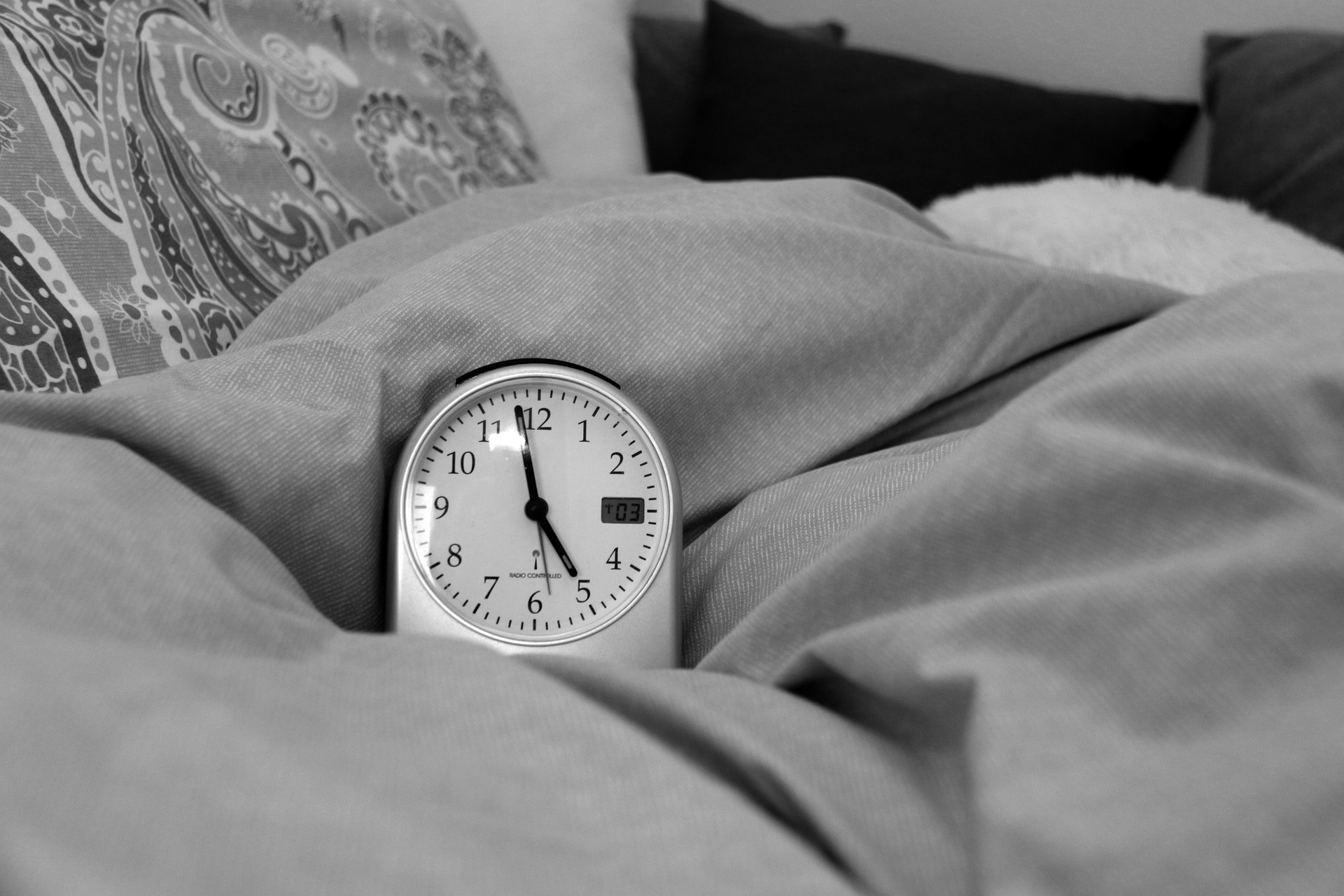A March 2021 study by the University of California found that,
"This is the first example where someone did an acute and fast manipulation of astrocytes and showed that it was able to actually affect sleep,"
"That positions astrocytes as an active player in sleep. It's really exciting."
"This could give us new insights not only into sleep but into diseases in which sleep dysregulation is a symptom,"
"Maybe some diseases are affecting astrocytes in a way we hadn't thought about before."
"Depth and duration are aspects of sleep that often get glossed over and lumped together even in neuroscience,"
"But picking apart these different aspects and how they're regulated is going to be important down the line for creating more specific sleep treatments."
"What have people been missing because they're ignoring this group of cells?”
"The questions that haven't been answered thus far in sleep neurobiology -- maybe they haven't been answered because we haven't been looking in the right places."

















